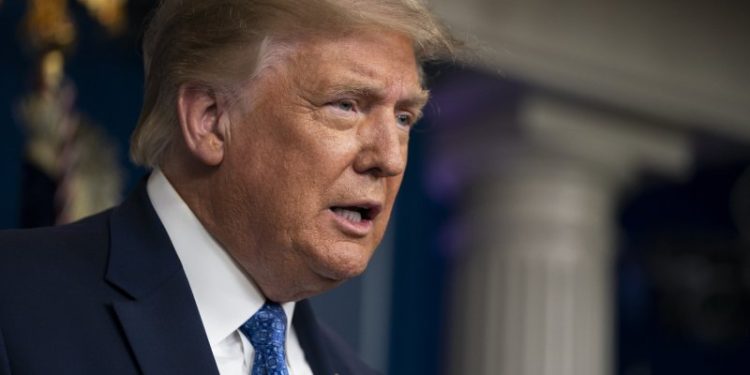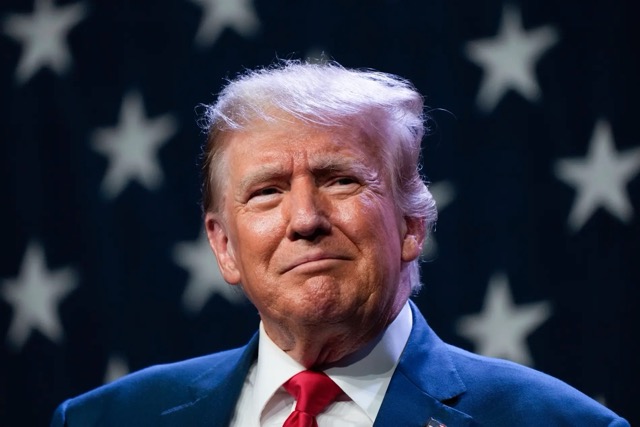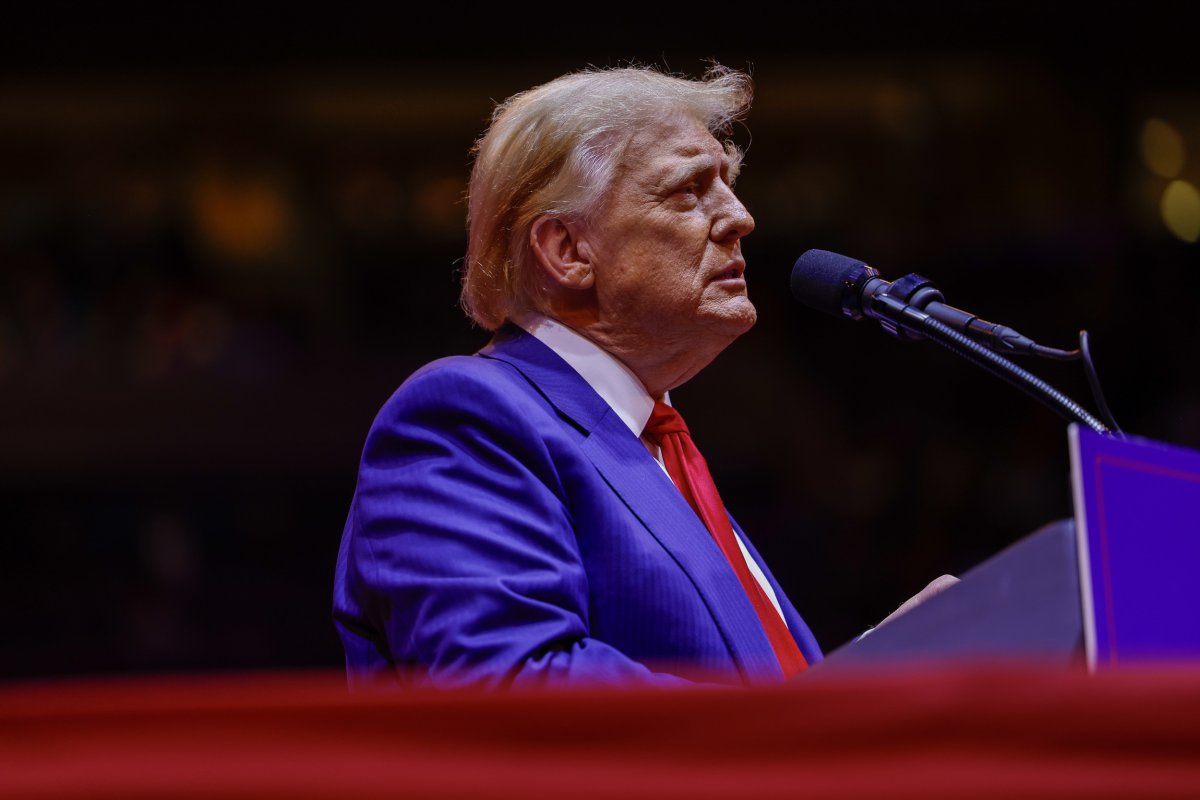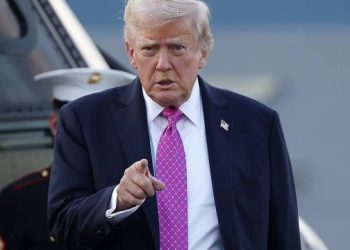Republicans are centering a Chinese-linked company in Michigan’s closely contested Senate race between former GOP Rep. Mike Rogers and Rep. Elissa Slotkin (D-MI). Former President Donald Trump has joined the effort, framing Slotkin, the Democratic candidate, as soft on China during her three House terms.
Slotkin’s campaign has consistently denied any misconduct after a staffer signed a nondisclosure agreement (NDA) related to a proposed $2.3 billion Michigan plant by Gotion, a Chinese-affiliated electric vehicle battery maker. However, in a race that could influence Senate control, and in a state heavily reliant on the auto industry, Rogers sees the issue as a potential weak spot for Slotkin. He has aggressively opposed Gotion to portray Slotkin as ineffective against Chinese influence and to protect blue-collar jobs amid the EV transition.
The Senate seat in question is being vacated by longtime Sen. Debbie Stabenow (D-MI).
Trump posted on Truth Social that the plant would “put Michiganders under the thumb of the Chinese Communist Party in Beijing,” rejecting Gotion’s suggestion that Trump endorsed the facility and other Chinese-linked investments. The claim referred to Trump’s recent rally in Grand Rapids, where he stated that if China wants to sell cars in the U.S., they must build plants and hire American workers.
Rogers, a former House Intelligence Committee chairman endorsed by Trump, has tied Gotion to the Biden administration’s EV regulations, which are anticipated to phase out gas-powered vehicles—a key concern for Michigan’s auto industry. On Wednesday, Rogers held a “No Gotion” rally with local residents near the proposed site in Big Rapids, about an hour north of Grand Rapids.
“This has all been part of their plan, and you have stood in the way of the Chinese Communist Party and Democrats trying to ruin the United States of America,” Rogers told supporters. “Let’s make this election about beating Gotion.”
Rogers and the Senate Republicans’ campaign arm also launched a major ad campaign accusing Slotkin of “pushing for EV mandates that are devastating the Michigan auto industry” and signing a “secret deal that helped a Chinese company, taking away jobs from Michigan workers.”
Slotkin’s campaign did not comment but previously told the Washington Examiner that the NDA allegations “have been debunked several times,” clarifying that a Slotkin staffer signed an NDA with a state agency to discuss the Gotion project. Slotkin herself signed an NDA only for discussions with semiconductor manufacturer Micron and General Motors for an EV battery plant.
Meanwhile, Democrats have attempted to undermine Rogers’s image as a China hawk by pointing to his past work with companies like AT&T, which have ties to China. Rogers has responded by highlighting his efforts in Congress to scrutinize Chinese telecom companies.
The Biden administration has sought to protect domestic EV production by imposing sourcing requirements and 100% tariffs on Chinese-made vehicles, a measure that can be bypassed if the vehicles are produced elsewhere.
Slotkin, who has a background as a CIA analyst before her election to Congress in 2018, also faced criticism over Gotion during her primary against Democratic challenger Hill Harper.
 Telegram is where we really talk. Don't miss out!
Telegram is where we really talk. Don't miss out!








